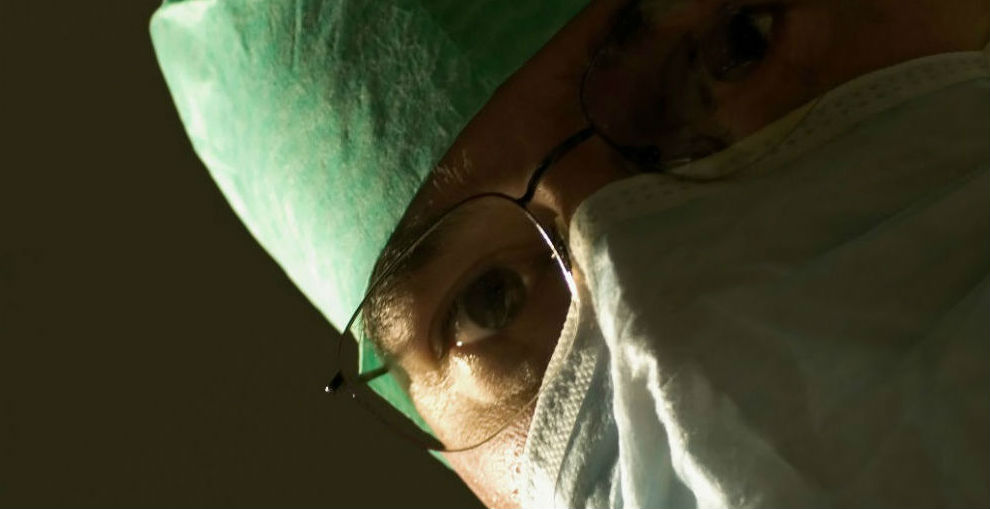Bad Surgeon Behavior that can Seriously Harm Patients

Surgical site infections are at times the result of an avoidable mistake made by the surgeon or the surgery care team. There can be many reasons for a post-op infection, but can the surgeon’s professional behavior – or lack of one – lead to this serious surgical error?
A study recently published online by JAMA Surgery (“Association of Coworker Reports About Unprofessional Behavior by Surgeons With Surgical Complications in Their Patients”) examined this possible cause-and-effect relationship. Researchers did find that a surgeon’s bad workplace conduct can lead to serious errors that harm patients.
The study involved 13,653 patients under the care of 202 surgeons, all of whom had at least four complaints for unprofessional behavior filed against them by co-workers within three years of an operation. Researchers found that, by far, surgeons with such complaints had patients that suffered complications at a much higher rate than surgeons who had zero behavior charges.
Unprofessional Surgeon Conduct
The most common complaints lodged against the surgeons included:
- Concerns about providing poor or unsafe care
- Disrespectful communications to other surgery team members
- Compromising the work integrity of co-workers
- Failing to follow through on professional responsibilities
Examples given of the last two points were the surgeon asking a co-worker to create false patients making the surgeon’s schedule look full; and a surgeon refusing to enter a medical order electronically, ignoring established protocols.
The patients of the unprofessional surgeons were monitored for 30 days following their procedures. They were found to be at an increased risk for surgical errors, such as surgical wound infections, as well as medical complications. Sepsis, a potentially fatal blood infection, was one common medical complication following surgery noted in the study.
Other patient complications following surgery by the surgeons cited for creating hostile work environments were heart attack, stroke, renal failure, and pneumonia.
What Should Hospitals Do About Surgeons’ Bad Behavior?
The researchers concluded that hospitals and other operating facilities that place patient safety as the top priority and want to prevent serious surgical errors should address the problem of surgeons who disrespect their colleagues.
This is not the first time bad communications between surgeons and co-workers were found linked to medical errors harming patients.
In 2015, JAMA Surgery published a study on poor communications and surgical “never events” – mistakes that are so serious and preventable they should never happen (“Wrong-Site Surgery, Retained Surgical Items, and Surgical Fires. A Systematic Review of Surgical Never Events.”).
The research involved studies over a 10-year period of these avoidable surgical errors. The medical errors were:
- Wrong-site surgery – operating on the wrong part of a patient’s body
- Retained surgical items – leaving surgical tools in a patient
- Surgical fires – fires occurring in operating rooms
The study noted that wrong-site surgery occurs about 500 times a year and there are approximately 5,000 surgeries annually that result in a surgical item being left in a patient.
Researchers concluded that poor communication was the chief contributors to these serious and preventable surgical errors. Specific examples of this were:
- Surgeon ignoring surgical teams’ questions and concerns
- Surgical team members not speaking up when they noticed a problem
- Missing information that should have been available to surgical staff
- Miscommunications between surgical staff
Surgeons and hospitals have the responsibility for providing a standard level of care. When they fail to provide that level of care due to avoidable bad acts, patients may be seriously injured. And the bad actors should be brought to task.
If you were seriously injured or you had a loved one die due to what you suspect was a mistake during medical treatment, contact a medical malpractice lawyer.
The choice of a lawyer is an important decision that should not be based solely on advertisements.
Authored by Gray Ritter Graham, posted in Articles June 27, 2019
